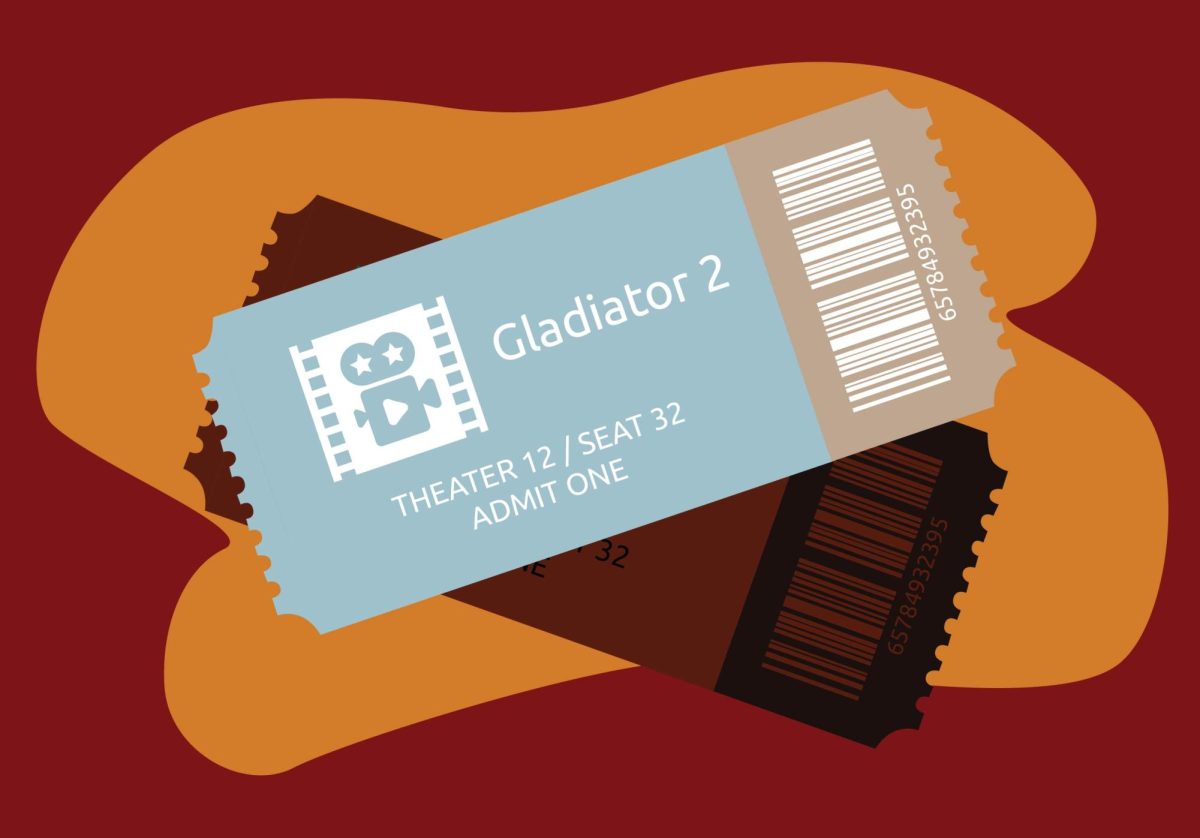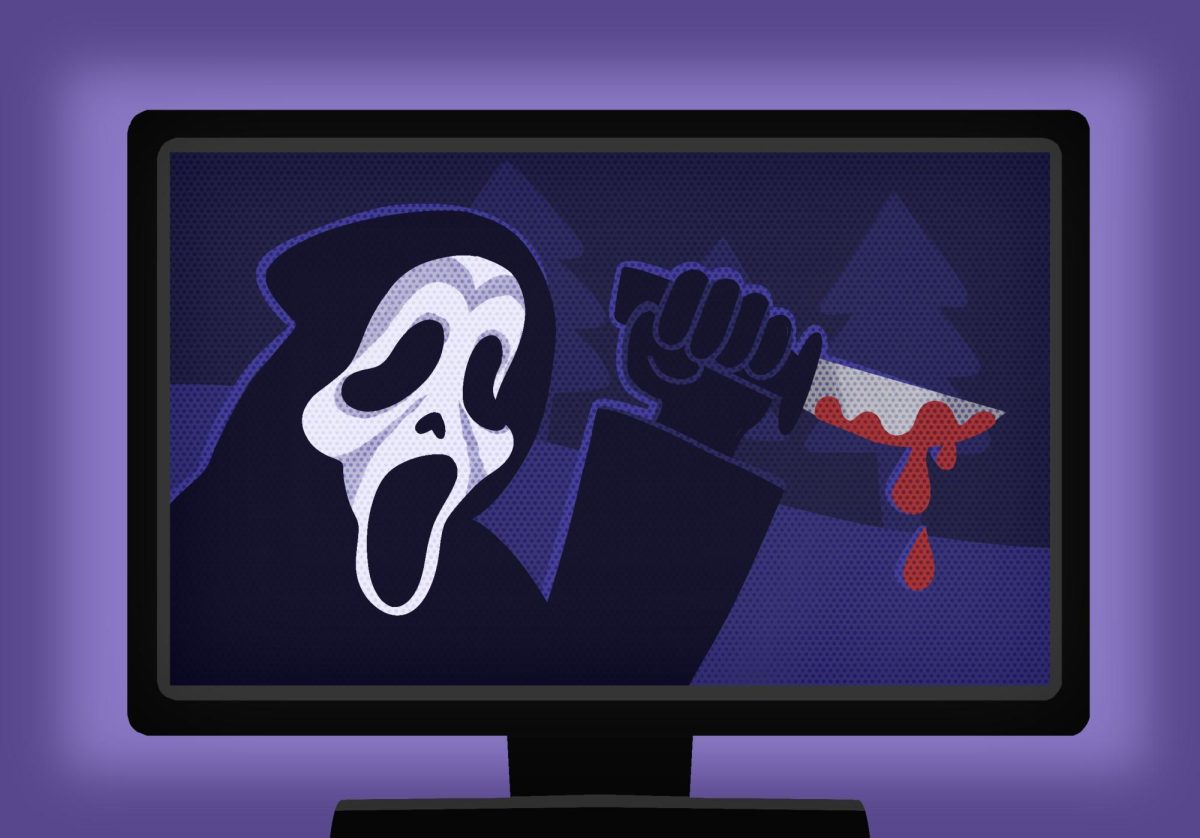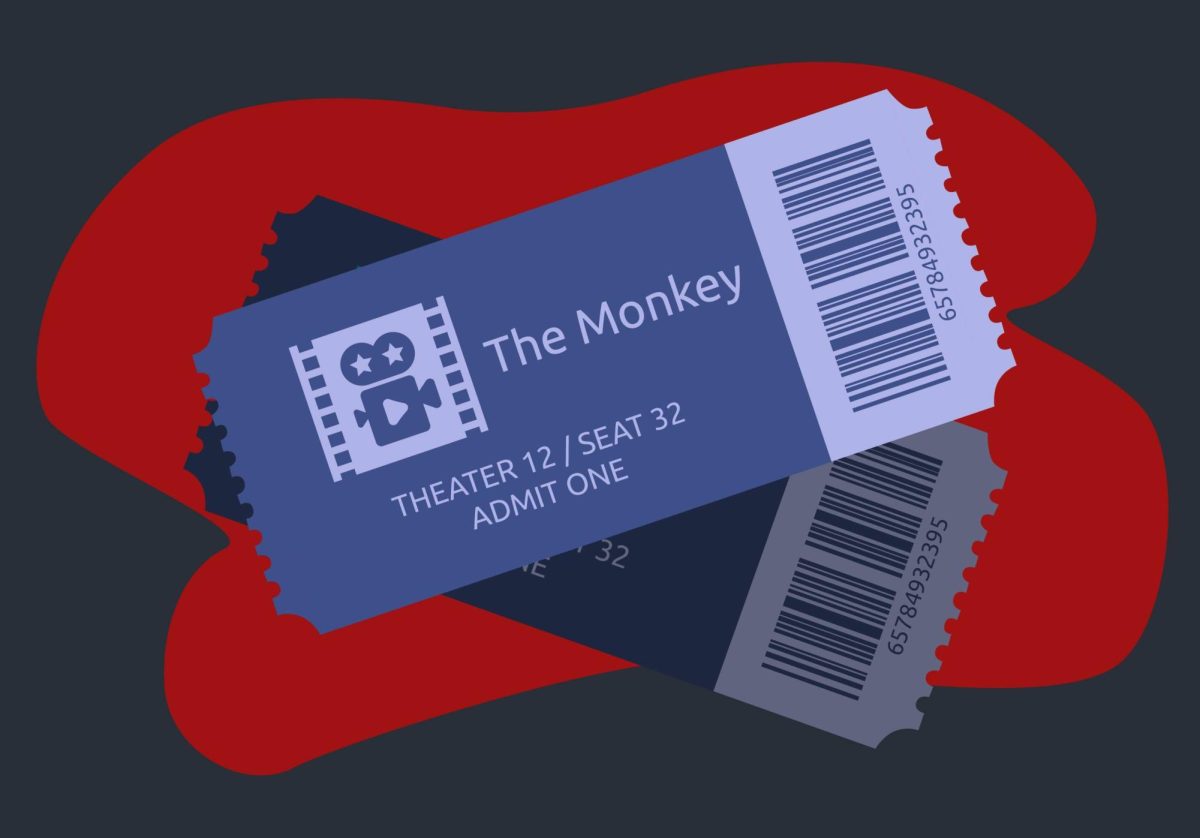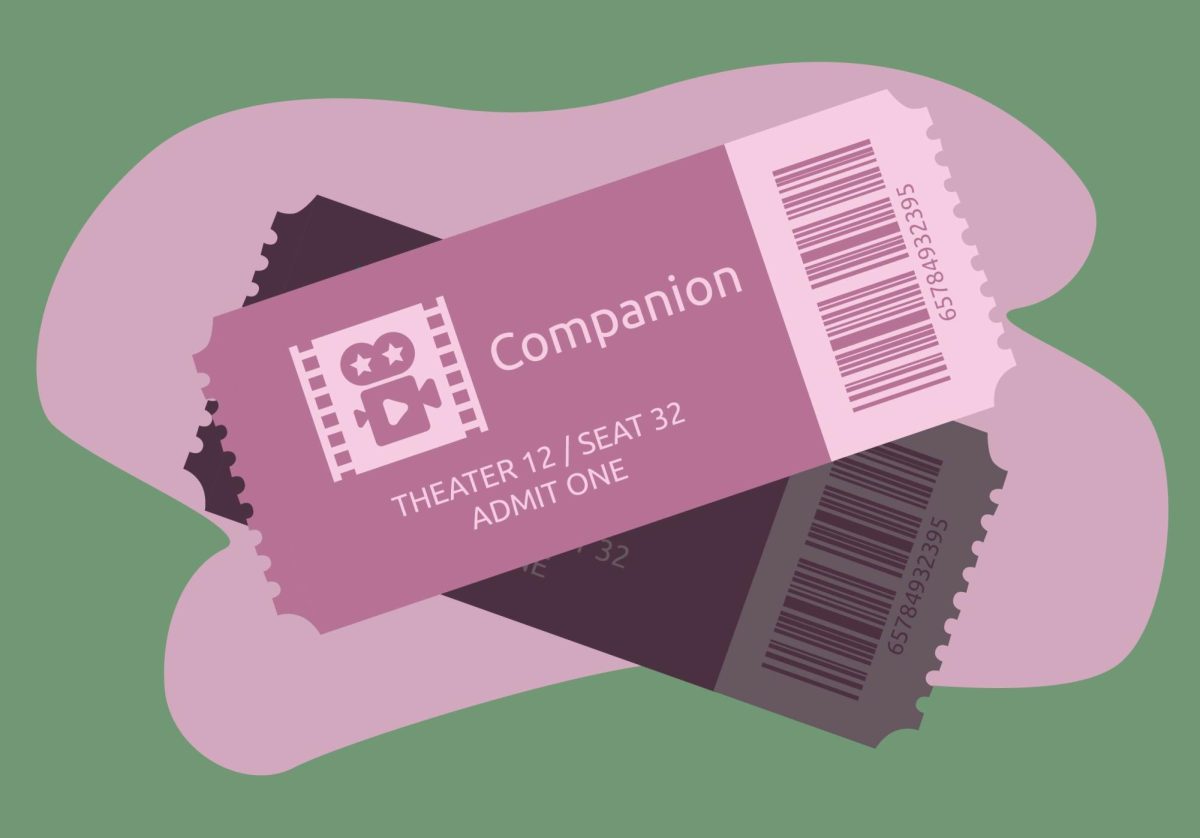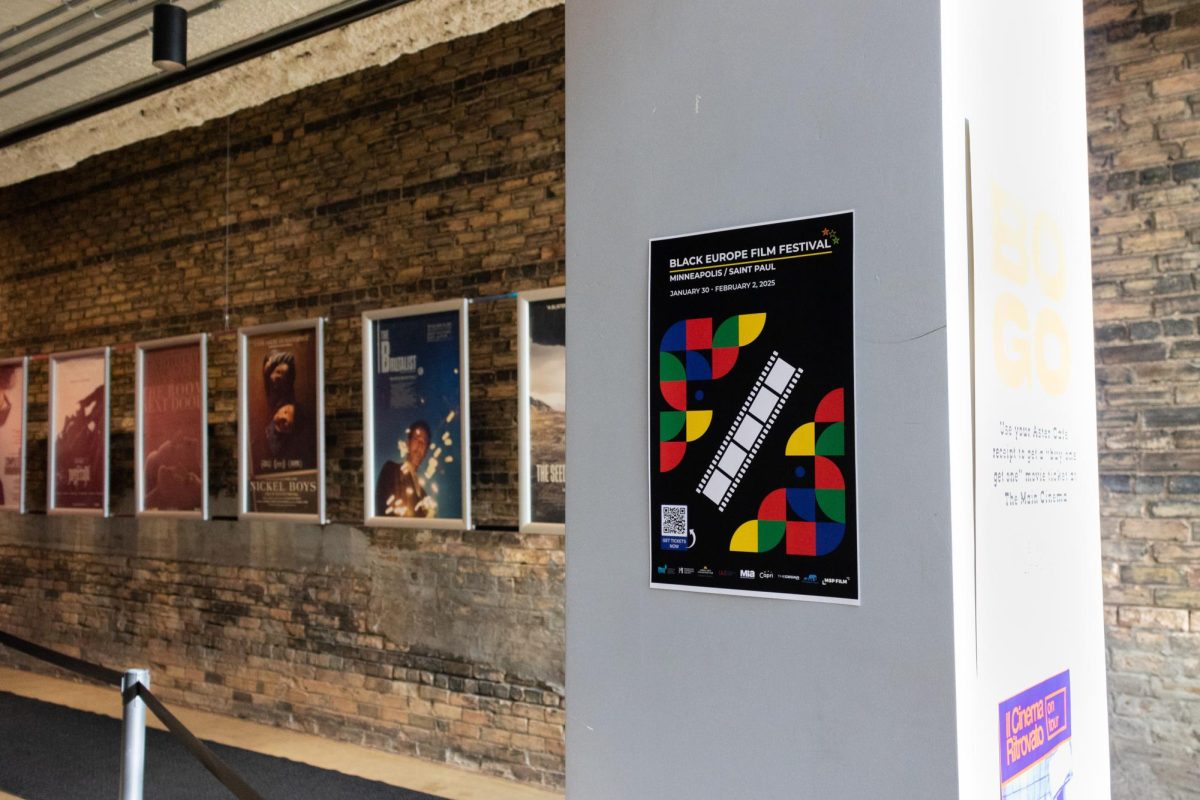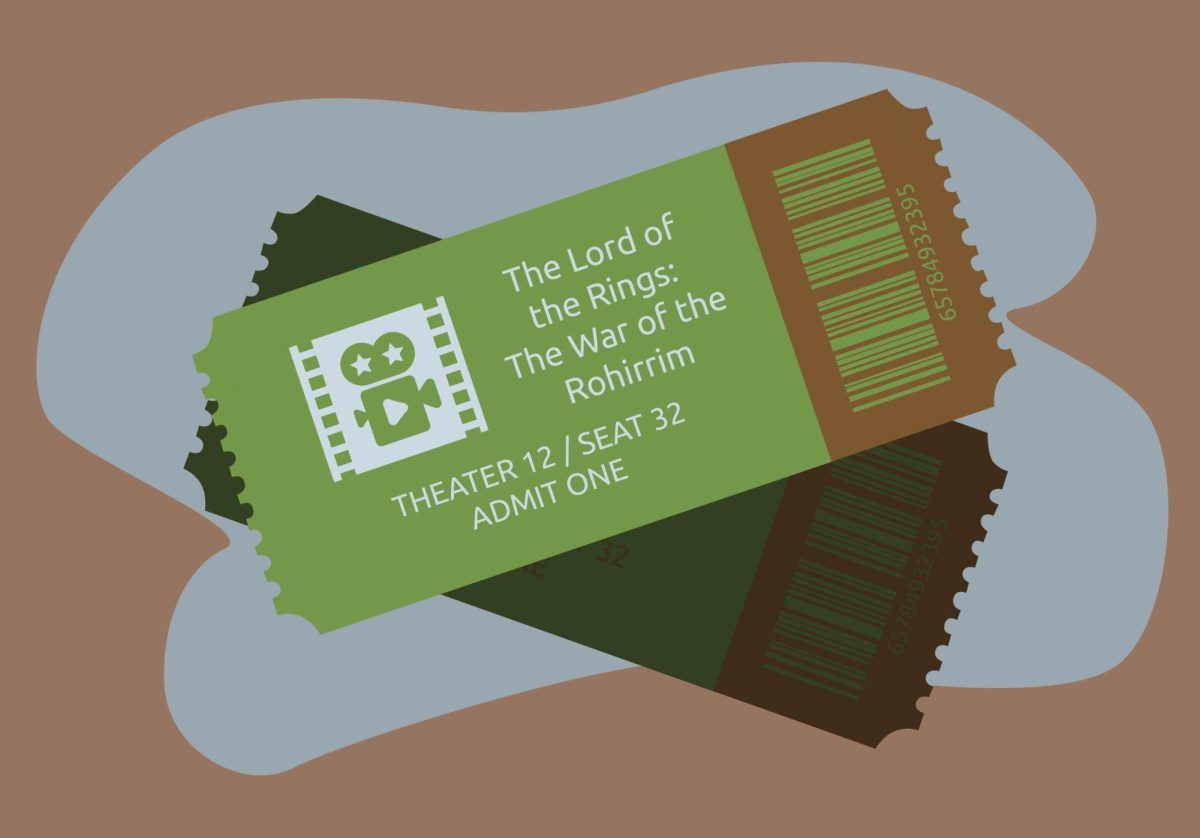Returning to the height of the Roman Empire, Ridley Scott’s sequel “Gladiator II” is another blockbuster with a cast full of stars, intricate costumes and exciting battles, which makes it disappointing that the movie falls flat in certain aspects.
Made two decades after Scott’s original exploration into the Roman Empire, “Gladiator II” is set 16 years after its predecessor following a familiar face, Paul Mescal’s Lucius, now an adult, as he enters the ring in the steps of his father, Maximus.
I want to start by saying, I genuinely had a fun time watching the movie. The theater was packed in a way I have not seen since the height of Marvel movies and was dotted with people in Roman-style gladiator masks or foam thumbs. Simply put, I enjoyed the fun blockbuster set in my favorite time period.
I was even offered a free poster for the film, which I immediately accepted like any other self-respecting college student would.
The scale of the film cannot be understated. As someone who grew up reading the “Percy Jackson and the Olympians” series and logging over a hundred hours in “Assassin’s Creed Odyssey,” I can confidently say the deteriorating grandeur of the Roman Empire was perfectly captured.
But the dream of Rome is dying, as the evil of its new twin emperors, Joseph Quinn’s Geta and Fred Hechinger’s Caracalla, infect the city with their greed and cruelty. It is in this setting we find the war-wearied General Acacius, played by Pedro Pascal, a fighter forced to play politician for the city he loves.
With such an extensive and impressive main cast, some might worry about competing leads. But there is one standout in this film, and of course, it’s Denzel Washington. Perfectly at ease in the bowels of the fighting pit or the Roman senate, Washington’s Macrinus is a politically savvy puppet master and a highlight of the film.
Another strength of the movie is the set pieces.
A flooded Colosseum with a mock naval battle and sharks, men fighting bloodthirsty baboons, there is little Scott dreams up that is not present. His visual interpretation of death, a brutal black-and-white landscape with the ferryman waiting to take passed souls to the next life, was breathtaking.
Yet, despite all the original ideas and iconic sequences, the movie lingers in the shadow of its predecessor.
One issue I had with the movie was the dialogue. Watching Lucius and his mother interact, I could not help but notice how heavy-handed the script felt. Instead of the dialogue flowing naturally between the characters, it felt like two actors talking at each other with strained chemistry.
Of course, Washington is exempt from the criticism. That man could read a tax document and it would still sound like Shakespeare. And Pascal could have chemistry with a brick wall.
It is relevant to acknowledge that the film was shot during the 2023 Hollywood writers’ strike and paused during the following actors’ strike, potentially straining what on-set script changes could be made.
The main issue is that the film struggled to separate itself from the original. The decision to confirm Lucius as Maximus’s son could have been an opportunity for a unique story of a man accepting his parentage and destiny, but instead the movie is bogged down with mentions of the long-dead gladiator.
Maybe I was too young to truly appreciate the impact of Russell Crowe’s performance, but I couldn’t help but sigh at every mention of Maximus. The reverence for a character that has been dead for 16 years simply misses the mark. Mescal is never given anything more than a wet match to light the hanging shadow of Maximus’s legacy, every scene a connection to the original instead of a new idea.
I cannot help but wonder what could have been if they had let Lucius’s story stand on its own, instead of sidelining him for a character that isn’t even alive in the movie.
However, the film’s shortcomings do not erase the fact that I still had fun.
Who wouldn’t enjoy some of the greatest actors of our generation fighting each other in the Roman Colosseum in fancy costumes?


